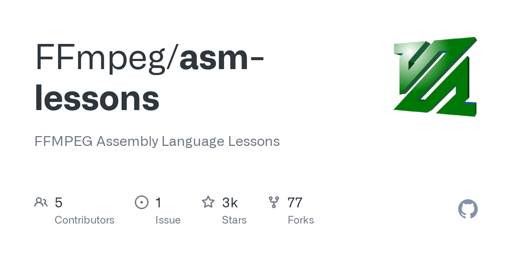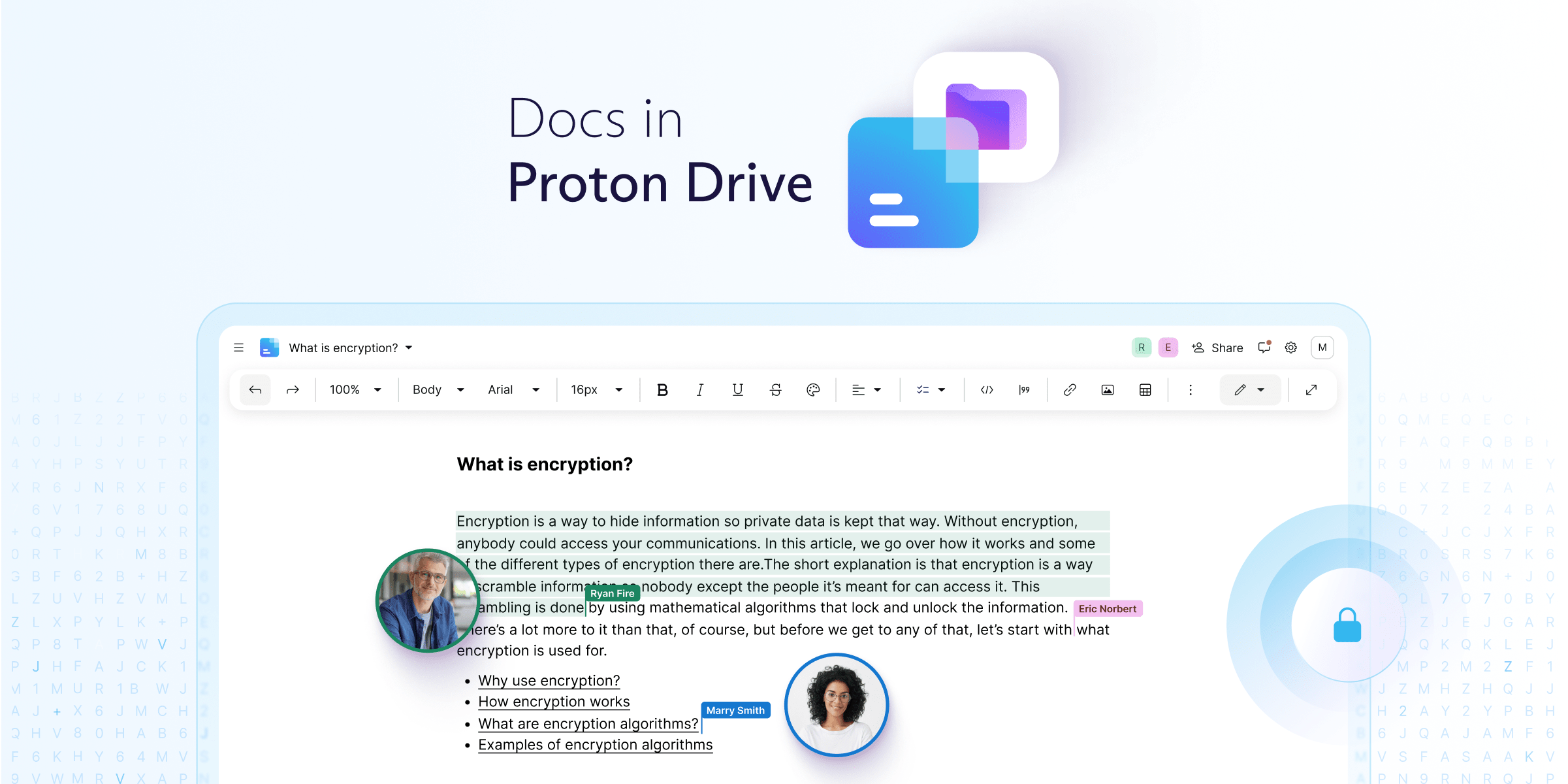- 22 Posts
- 150 Comments
Sure.
You might want to subscribe to !newcommunities@lemmy.world, and browse here once in a while: https://lemmyverse.net/communities
related: !sustainabletech@lemmy.sdf.org

 2·10か月前
2·10か月前I don’t follow Meta services, but for the record, I think you’re talking about the EU Digital Markets Act and its interoperability requirements of gatekeepers.
https://digital-markets-act.ec.europa.eu/gatekeepers_en
https://digital-markets-act.ec.europa.eu/questions-and-answers/interoperability_en
A good tool improves the way you work. A great tool improves the way you think.
Do these accept cash, or only ATM cards? (The latter would link your transaction to your bank account, of course.)
What do they give? A printout of a wallet address?

 18·10か月前
18·10か月前Also, units of fun earned while watching other people play.
One nice thing about an arcade is that you can see regular people (not streamers/professionals/actors) interacting with a game, and notice subtleties that aren’t represented in a bullet list or trailer video.
Someone with undetermined/unknowable gender would use the pronouns they/them, never he/him.
We’re not discussing what someone would use for themselves. We are discussing what someone would use when writing about a hypothetical person.
If you believe that he or him would never be used in this case, then I suggest you do some research on the history of language.
Edit to clarify: And by history, I include recent history, meaning usage by people alive today, who learned it in school not terribly long ago.
Either a male person or a hypothetical person whose gender is unknowable.
None of what you claim was done in the document being discussed.
It isn’t a fucking “convention” to push women down
No, but choosing either the male or female pronoun when writing about a hypothetical person has been the convention for a long time, and using the male one has been the usual default for far longer than any of us has been alive. It’s not to push women down; it’s a grammar compromise, and is not exclusive English.
You are misunderstanding the language as it was used, and you have jumped to a false conclusion that seems to make you so angry that you think it’s okay to publicly vilify someone… for your own mistake.
I hope things get better for you.
Good day.
Certain forms of singular they are old, but the drive to make it the general convention when referring to a hypothetical person is new.
“Personal politics” is a vague phrase that generally just means someone’s views and priorities. There is nothing pejorative about it, nor in the way he used it.
In other words, Andreas insists the OS developer be referred to as “he/him” instead of not assuming gender.
The build instructions in question follow English language conventions that have existed for hundreds of years (and are shared by more than few other languages). All he did was decline someone’s proposed change that would have applied a very new convention regarding pronouns for a hypothetical person. This is not the same as insisting that anyone refer to anyone else in a particular way.
It’s also not unreasonable. We can ask people to adopt new conventions, but we don’t get to expect or demand it.
Change to a language takes time.
It’s textbook misogyny.
No, it is not.
I followed the links to see what he actually wrote. There’s nothing transphobic or misogynistic about it.
If you are referring to some other incident, then please link it so we can see for ourselves.

 6·10か月前
6·10か月前Well, look at that. The Kiwix offline reader is in Debian already, so getting it couldn’t be more convenient.
Thanks!

 13·10か月前
13·10か月前Is an archive of their repair manuals available for download? Would you mind sharing the link?

 4·10か月前
4·10か月前Unfortunately, that doesn’t help, since most DVDs in the world were not manufactured in the first production run.

 10·10か月前
10·10か月前No, it is not. I just scrutinized half a dozen DVD cases with a magnifying glass. They had copyright dates, but no disc manufacturing dates.
I wonder if the numeric codes printed around the hubs of the discs can be decoded into manufacturing dates.

 101·10か月前
101·10か月前How does one find the manufacturing date of the discs?











!business@lemmy.world